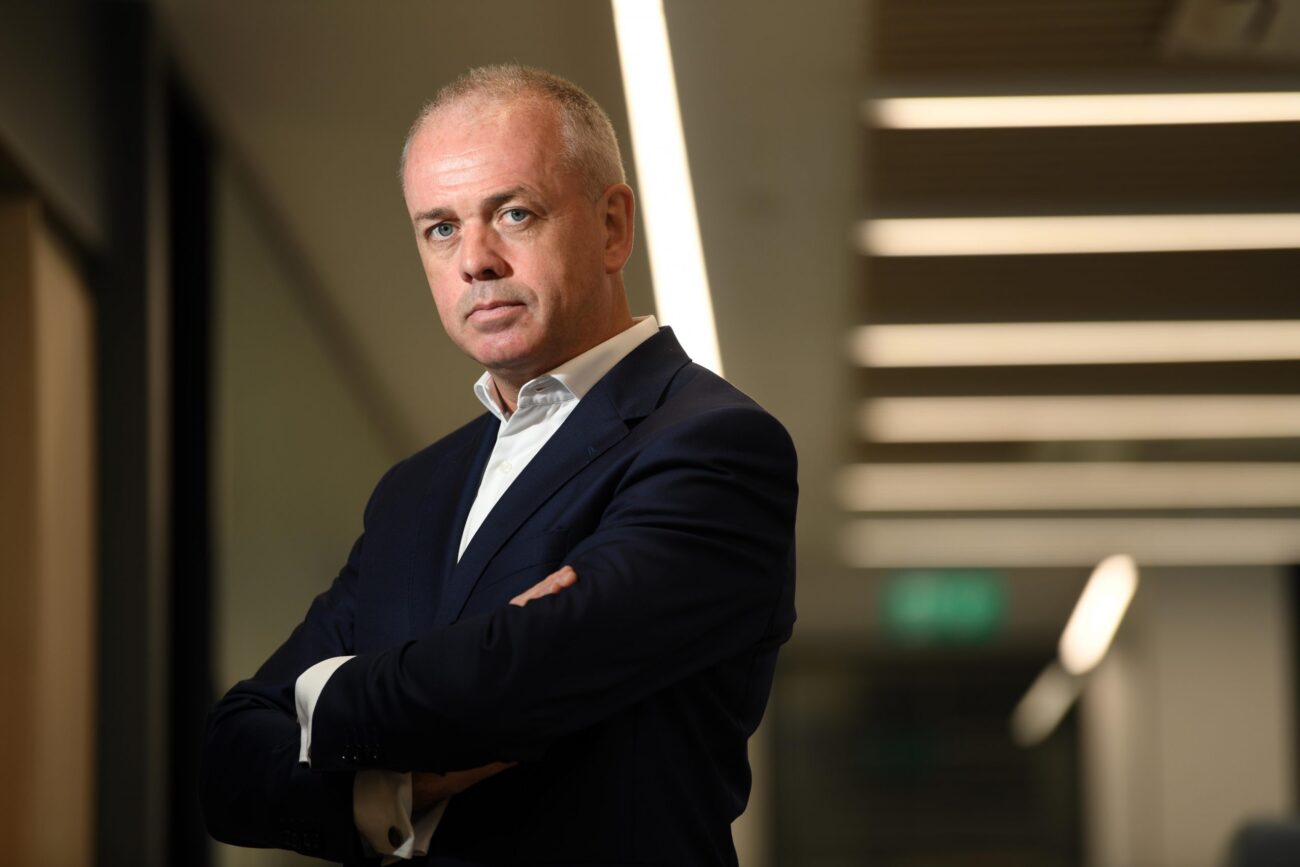On Friday, December 16, 2016, around 100 people entered the empty Apollo House on Poolbeg Street in Dublin’s city centre. The aim was to provide accommodation for homeless people, while also shining a light on the growing number of rough sleepers on the streets of Dublin. The protest captured the public mood, receiving significant support from a population both saddened and appalled at the escalating housing crisis. There were celebrity visits and impromptu concerts. The campaign, comprising housing activists, artists and trade unionists, named itself Home Sweet Home. For Tom O’Brien, however, the protest was one of the most intense…
Cancel at any time. Are you already a member? Log in here.
Want to read the full story?
Unlock this article – and everything else on The Currency – with an annual membership and receive a free Samsonite Upscape suitcase, retailing at €235, delivered to your door.

